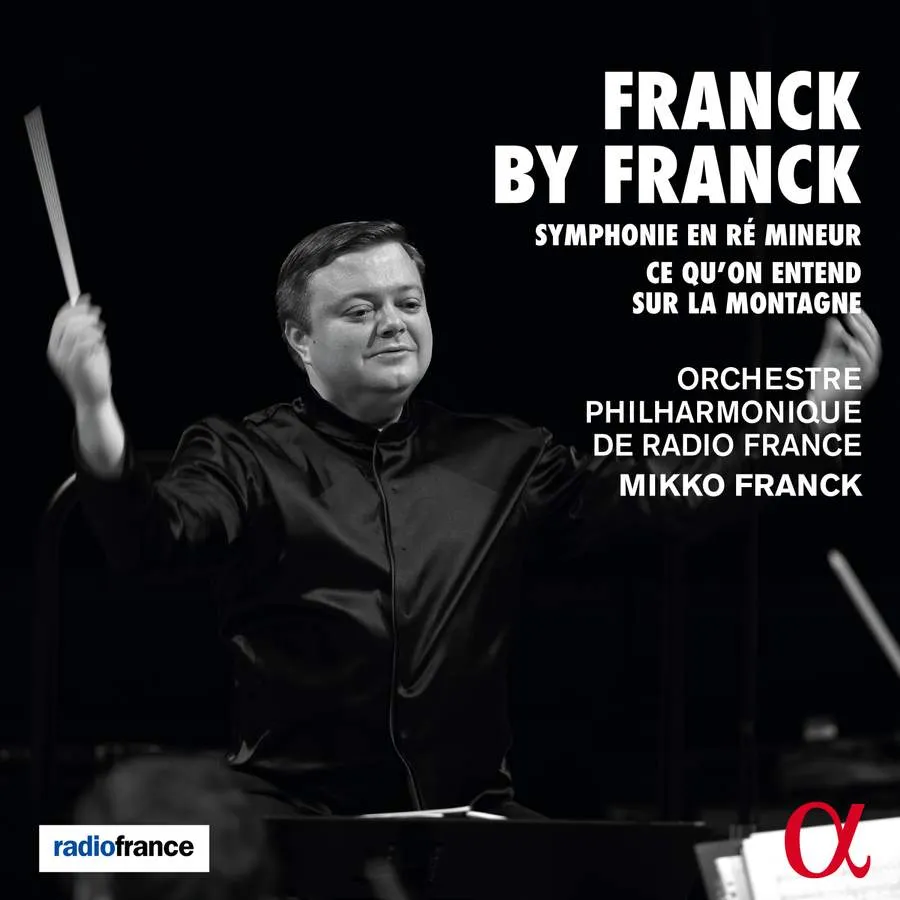
Franck Franck by Franck – Symphony in D minor; Ce que lon entend sur la montagne, poème symphonique Radio France Philharmonic Orchestra/Mikko Franck Alpha Classics ALPHA 561 67:21 mins
Fans of Percy Grainger will undoubtedly adore his piano duet spoof on the Franck Symphony entitled ‘The Old Codger’, tipping over the almost-banal of the original into the utterly-appalling. After the Symphony’s initially cold reception it seemed unlikely to survive, but it has, and this performance does much to explain why. Franck has been blamed for the organ’s influence on its orchestration (‘here I change manuals’), and we may recall Stravinsky’s distaste for that instrument ‘because it never breathes’. But under the baton of Mikko Franck (no relation as far as I can find) breathe it does, without in any way disrupting the music’s logic. Grandeur there is in plenty, but also light-heartedness: to early complaints of there being only three movements instead of the regulation four, Franck explained that the central one combines lyricism with sprightliness, both duly observed here. As for the almost-banal, this honest, impassioned performance imbues it with a surprising power.
Integrity also shines through the playing of the symphonic poem Ce qu’on entend sur la montagne, inspired by Victor Hugo’s poem, giving us the ‘profound music too deep for words’ together with the ‘blazing chords and smooth murmurs’ of the poem. This piece, unheard for a century before the manuscript arrived in the Bibliothèque nationale in 1946, seems to have been written around the same time as Liszt’s work of the same title. Perhaps Franck, just embarking on a career as church organist, felt it wiser not to admit to the clergy his role in such a wildly imaginative work.
Roger Nichols